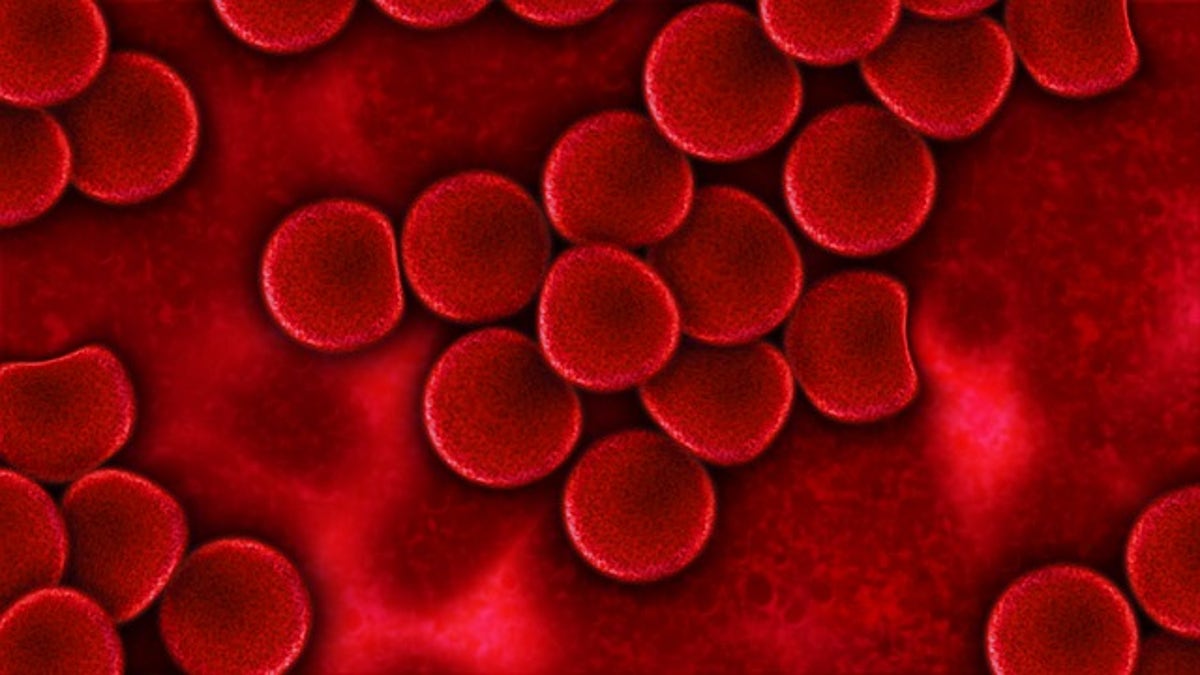
(Geralt/Public Domain)
Extremely high levels of amino acids in the bloodstream have been linked to an increased risk of pancreatic cancer, according to researchers at the Massachusetts Institute of Technology.
Scientists examined the blood samples of 1,500 individuals from various public health studies, comparing those who were eventually diagnosed with pancreatic cancer to those who were not. They found that people with a surge in branched chain amino acids had a higher chance of being diagnosed with the disease within one to 10 years. Amino acids are the building blocks for proteins.
“What we found was that this really interesting signature fell out as predicting pancreatic cancer diagnosis, which was elevation in these three branched chain amino acids: leucine, isoleucine, and valine,” senior study author Matthew Vander Heiden, an associate biology professor at MIT, said in a news release.
Early-stage pancreatic cancer causes a breakdown of body protein and deregulates metabolism, researchers noted.
“These findings led us to hypothesize that the increase in branched chain amino acids is due to the presence of an early pancreatic tumor,” Vander Heiden said.
Researchers are now investigating why this protein breakdown— which has not been seen in other types of cancer— occurs in the early stages of pancreatic cancer. Whether this signature could be used for early detection is still a question; researchers noted that more data is needed and that it may be difficult to develop a reliable diagnostic solely based on this signature. According to Vander Heiden, further study of this metabolic dysfunction may reveal additional markers that could be combined to generate a more accurate test.
The National Cancer Institute estimates that more than 46,000 Americans will be diagnosed with pancreatic cancer this year, and that nearly 40,000 Americans will die of the disease.
The study was published in the September issue of the journal Nature Medicine.
